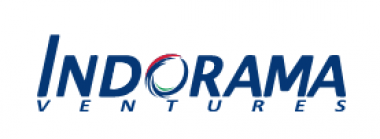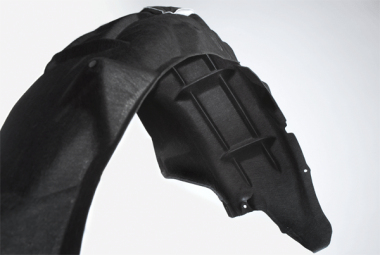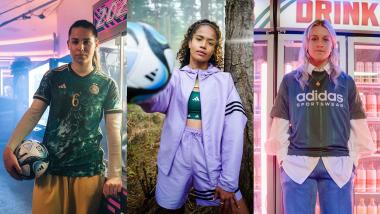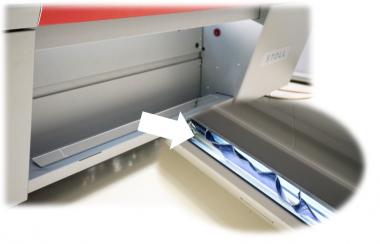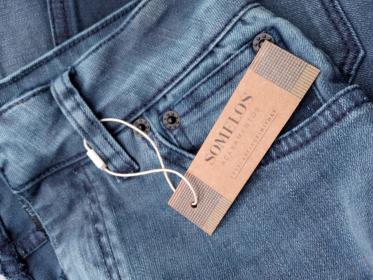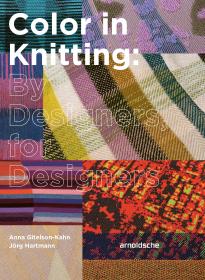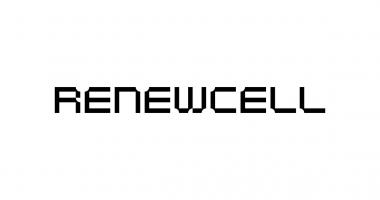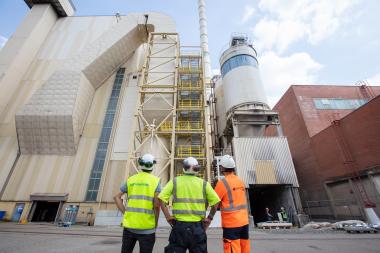Elvaston takes over majority stake in SETEX
SETEX Schermuly textile computer GmbH, a global leader in manufacturing process management software and textile machinery controls, is pleased to announce the transfer of a majority stake to Elvaston Capital Management GmbH.
Private equity partner Elvaston has established the overarching Textile Solutions Holding GmbH. This company will manage a portfolio of technology companies that ensure seamless integration along the textile process chain and introduce unique market functionalities.
The current company owners of SETEX, Christoph and Oliver Schermuly, will continue their roles as managing directors.
SETEX is convinced that this step will further expand SETEX's competitiveness and growth potential.
SETEX Schermuly textile computer GmbH










